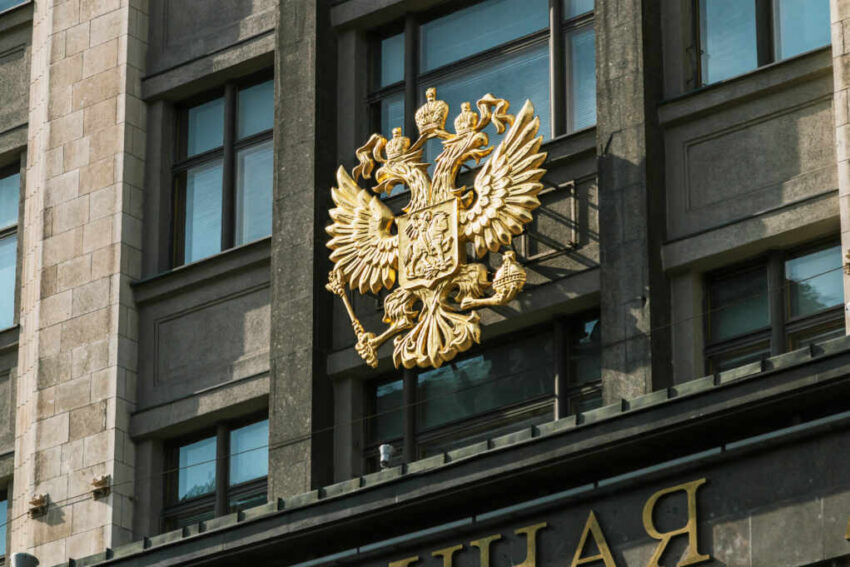The escalating conflict in the Middle East involving US military action against Iran has raised grave concerns about global stability and potential geopolitical shifts.
At a Glance
- The U.S. conducted military strikes on Iranian nuclear facilities, triggering international tension.
- A ceasefire between Iran and Israel, mediated by Qatar, has been announced but remains fragile.
- Iranian leaders have issued warnings but have not yet committed to direct retaliation.
- Russia and China are watching closely, signaling potential shifts in global alliances.
U.S. Strikes and a Tenuous Ceasefire
Recent U.S. military strikes targeting Iranian nuclear sites have dramatically increased tensions in the Middle East. In the wake of the attacks, President Donald Trump announced a ceasefire agreement between Iran and Israel, brokered by Qatar, set to begin on June 23. Despite this diplomatic effort, the situation remains volatile, with the U.S. warning of potential future action should Iran retaliate.
According to the Institute for the Study of War, Iranian leaders have so far limited their response to verbal warnings of “regrettable responses,” stopping short of promising direct military action. This restraint comes amid ongoing Israeli military operations targeting Iran’s missile and drone capabilities, creating a complex and dangerous dynamic on the ground.
Russia’s Strategic Posturing
The crisis has drawn sharp reactions from Moscow, signaling a potential realignment of geopolitical power. Russian Foreign Minister Sergey Lavrov condemned the U.S. military intervention as a violation of international law. President Vladimir Putin has also weighed in, offering to mediate between Iran and Israel while expressing grave concern over the risk of a wider war.
“It is disturbing. I am speaking without any irony, without any jokes,” Putin remarked in a statement covered by the Times of India. “Of course, there is a lot of conflict potential, it is growing, and it is right under our noses, and it affects us directly.” Russia’s heightened cooperation with Tehran, combined with China’s strategic interests, could reshape regional alliances.
An Uncertain Path Forward
The path to de-escalation is fraught with challenges. The international community is watching to see if the ceasefire will hold, a prospect made more complex by internal pressures within Iran. Reports from the Institute for the Study of War suggest growing calls for Supreme Leader Ali Khamenei to embrace a diplomatic resolution, though Israeli Prime Minister Benjamin Netanyahu has described the situation as “very, very close” to further conflict. The crisis underscores the interconnectedness of modern geopolitics, linking American foreign policy in the Middle East to its strategic competition with China and the ongoing instability in Ukraine.
Click this link for the original source of this article.
Author: Editor
This content is courtesy of, and owned and copyrighted by, https://republicanpost.net and its author. This content is made available by use of the public RSS feed offered by the host site and is used for educational purposes only. If you are the author or represent the host site and would like this content removed now and in the future, please contact USSANews.com using the email address in the Contact page found in the website menu.







